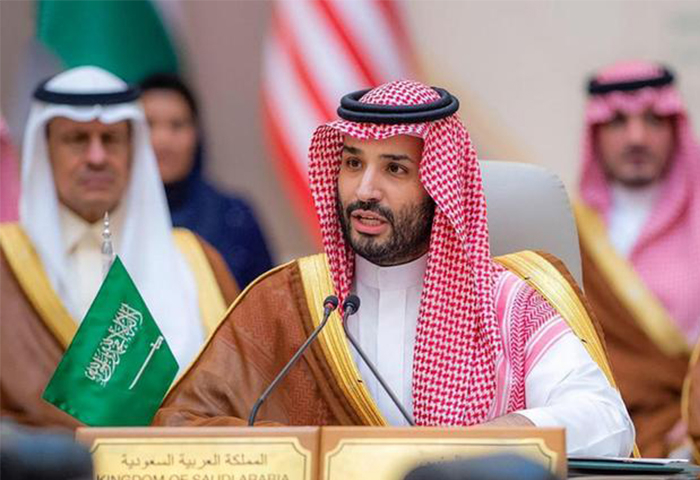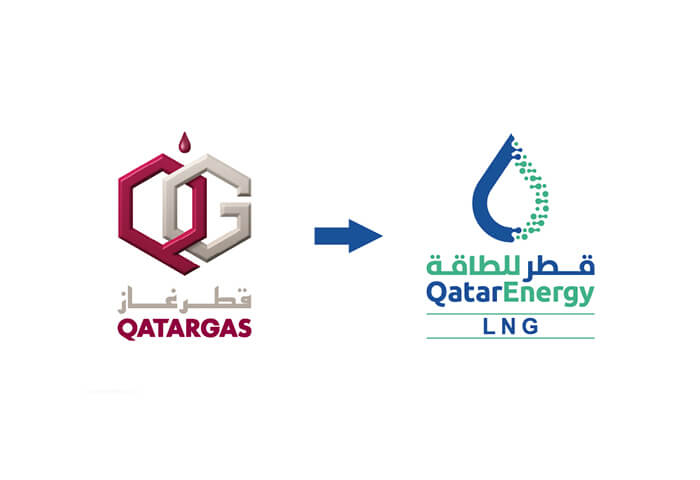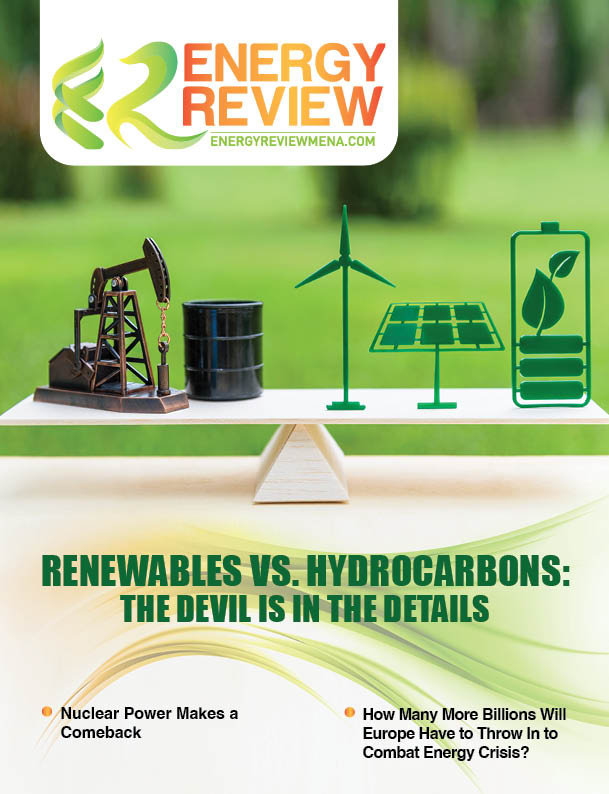Saudi Arabia's Crown Prince Mohammed bin Salman has highlighted the need for renewed investments in fossil fuel and clean energy technologies to meet global energy demand. He also noted that “unrealistic emission policies” could trigger inflation during his speech at the US-Arab summit in Jeddah.
"Adopting unrealistic policies to reduce emissions by excluding main sources of energy will lead in coming years to unprecedented inflation and an increase in energy prices and rising unemployment, and a worsening of serious social and security problems," Prince Mohammed said.
The recent push to accelerate the drive to curb carbon emissions has led to decreased investments in hydrocarbons. Industry experts feel that there needs to be a balanced energy transition from fossil fuels to renewables to fulfill the world energy demand as well as maintain economic growth. Just ahead of the COP26 climate change summit, Saudi Arabia has pledged to achieve net zero carbon emissions by 2060.
The Prince said Saudi Arabia had announced raising its production capacity to 13 million barrels per day by 2027 from a current capacity of 12 million and "after that, the Kingdom will not have any more capacity to increase production."
The summit was attended by US President Joe Biden, who has been pressing Saudi Arabia and its OPEC partners to increase oil production to tackle higher fuel prices and growing inflation in the US. Leaders from six Gulf Arab states (United Arab Emirates Bahrain, Kuwait, Oman, Qatar and Saudi Arabia) as well as Egypt, Jordan and Iraq were also part of the delegation.
Meanwhile, Saudi Arabia’s foreign minister Prince Faisal bin Farhan Al Saud told reporters that the US-Arab summit did not discuss oil and that OPEC+ would continue to assess market conditions and do what is necessary.
Leaders of the Gulf Cooperation Council (GCC) Member States and the United States (US) have issued a joint statement following the "Jeddah Security and Development Summit", Saudi Press Agency (SPA) reported. The leaders affirmed their commitment to joint cooperation to bolster global economic recovery efforts, address the economic repercussions caused by the pandemic and the war in Ukraine, ensure the resiliency of supply chains and the security of food and energy supplies, develop clean energy sources and technologies, and assist countries in need by helping address their humanitarian and relief needs.
Separately, Farhat Bengdara, the Tripoli government’s newly appointed head of the National Oil Corporation (NOC) has said that Libyan oil output will resume from all stalled fields and ports, which could potentially mean the return of 850,000 barrels per day of oil to the market.
The International Energy Agency (IEA) has warned that the global economic recovery could be derailed unless governments take measures to reduce fuel prices and consumption. The IEA has also predicted that oil demand would continue to rise, likely outstripping supply. It noted that the world has little spare capacity to increase production, with the combined buffer of Saudi Arabia and the United Arab Emirates set to fall to just 2.2 million barrels per day in August.
Also read: IRENA: Renewable Energies to Become More Competitive Vis-À-Vis Oil and Gas









